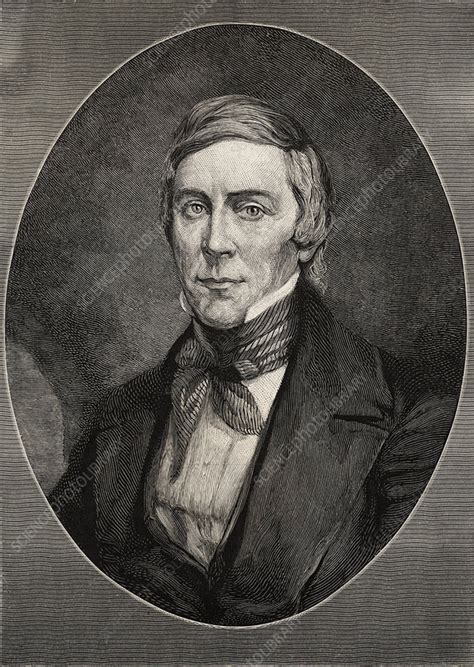A Quote by Benjamin Franklin
Savages we call them, because their manners differ from ours, which we think the perfection of civility; they think the same of theirs.
Related Quotes
This is another thing which I really like investigating in my novels: what is it that makes an intimate society, that makes a society in which moral concern for others will be possible? Part of that I think are manners and ritual. We tried to get rid of manners, we tried to abolish manners in the '60s. Manners were very, very old-fashioned and un-cool. And of course we didn't realise that manners are the building blocks of proper moral relationships between people.
I would never call myself anti-football. I think I'm pro-information, pro-people making informed individual choices, pro-health, so for that reason, personally, I'm apathetic towards football. But at the same time, I think we can retain some civility, and I understand why people support and love it.
It is remarkable that men, when they differ in what they think considerable, will be apt to differ in almost everything else; their difference begets contradiction; contradiction begets heat; heat quickly rises into resentment, rage, and ill-will; thus they differ in affections, as they differ in judgment.
In the contemporary world, we think of politeness as surface behavior, like frosting - it's sweet and attractive and finishes off the cake. But 19th century nobility and the enlightened thinkers and stoics before them viewed manners in a very different way. To them, manners are an outward expression of an inward struggle.
George Kennan and Paul Nitze were the Adams and Jefferson of the Cold War. They were there for the beginning, they witnessed its course over almost half a century, and they argued with each other constantly while it was going on. But they maintained throughout a remarkable friendship, demonstrating-as few others in our time have-that it is possible to differ with civility. Nicholas Thompson's is a fine account of that relationship, carefully researched, beautifully written, and evocatively suggestive of how much we have lost because such civility has become so rare.

































